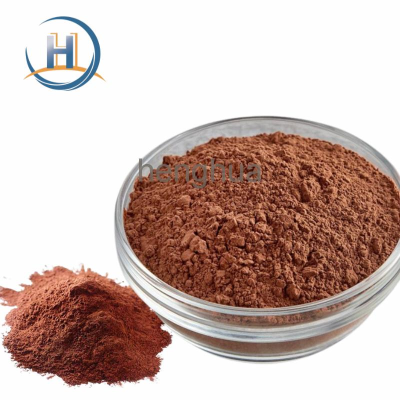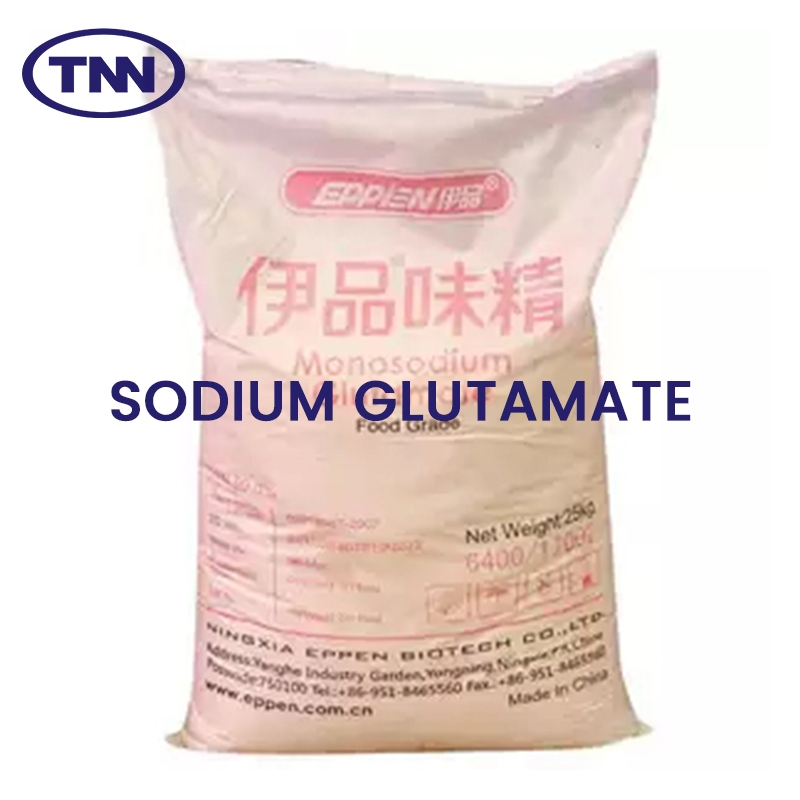-
Categories
-
Pharmaceutical Intermediates
-
Active Pharmaceutical Ingredients
-
Food Additives
- Industrial Coatings
- Agrochemicals
- Dyes and Pigments
- Surfactant
- Flavors and Fragrances
- Chemical Reagents
- Catalyst and Auxiliary
- Natural Products
- Inorganic Chemistry
-
Organic Chemistry
-
Biochemical Engineering
- Analytical Chemistry
-
Cosmetic Ingredient
- Water Treatment Chemical
-
Pharmaceutical Intermediates
Promotion
ECHEMI Mall
Wholesale
Weekly Price
Exhibition
News
-
Trade Service
In the past two days, some media reported that the Chinese translation of " Korean Kimchi " was officially designated as "Sin Qi" in Korean, and it will be implemented on July 22
.
Report pointed out that this is to avoid Sichuan pickles confused
.
.
Report pointed out that this is to avoid Sichuan pickles confused
.
In fact, this name does not appear now
.
In 2013, South Korea changed the Chinese translation of Korean kimchi to "Xin Qi" to distinguish it from Chinese and Japanese kimchi
.
However, the Chinese market did not recognize it.
In 2014, "Xin Qi" was changed back to its original name "Kimchi"
.
.
In 2013, South Korea changed the Chinese translation of Korean kimchi to "Xin Qi" to distinguish it from Chinese and Japanese kimchi
.
However, the Chinese market did not recognize it.
In 2014, "Xin Qi" was changed back to its original name "Kimchi"
.
When the news came out, there was a lot of complaints on the Internet
.
I did a small survey on Weibo, and the voting results are as follows:
.
I did a small survey on Weibo, and the voting results are as follows:
Take a look at these votes:
1.
46% of them like Korean kimchi, which is far beyond my imagination
.
In my opinion, Northeast pickled cabbage, Sichuan pickled cabbage, and Fuling pickled mustard tuber are much more delicious
.
46% of them like Korean kimchi, which is far beyond my imagination
.
In my opinion, Northeast pickled cabbage, Sichuan pickled cabbage, and Fuling pickled mustard tuber are much more delicious
.
2.
36% of people who like Korean kimchi consider it as a "special fermented food" instead of "a kind of kimchi", and only 21% of those who dislike Korean kimchi
.
In other words, people who like to eat it are more inclined to recognize its "uniqueness", but in general, most people still think that it is just "a kind of kimchi"
.
36% of people who like Korean kimchi consider it as a "special fermented food" instead of "a kind of kimchi", and only 21% of those who dislike Korean kimchi
.
In other words, people who like to eat it are more inclined to recognize its "uniqueness", but in general, most people still think that it is just "a kind of kimchi"
.
What an item is called in another language is generally based on how it is easier to be accepted by consumers, and there is not much consideration for cultural or political significance
.
.
For example, kiwifruit originated in China.
After being introduced to New Zealand, it was originally called Chinese gooseberry.
In fact, kiwifruit is very different from gooseberry (gooseberry), but this name can help local people remember this fruit, so it was accepted
.
In the 1950s, New Zealand promoted the kiwi fruit internationally.
It was during the Cold War.
The Chinese in the name would affect the acceptance of Western consumers.
So New Zealand just gave it another name
.
It was originally named melonette, but consumers in the international market did not recognize it, and it did not help to open up sales
.
In the end, New Zealand took the name of their national bird, kiwi, and called kiwifruit kiwifruit, which was widely accepted-even though kiwi and kiwi (kiwi) did not go hand in hand at all
.
Later, New Zealand sold their kiwifruit to China.
You did not use its original Chinese name "kiwifruit" or translate "kiwifruit".
Instead, you made another "kiwifruit", and you got China.
The market’s recognition-fruit shop owners and many consumers will also emphasize that "kiwi is not a kiwi
.
"
After being introduced to New Zealand, it was originally called Chinese gooseberry.
In fact, kiwifruit is very different from gooseberry (gooseberry), but this name can help local people remember this fruit, so it was accepted
.
In the 1950s, New Zealand promoted the kiwi fruit internationally.
It was during the Cold War.
The Chinese in the name would affect the acceptance of Western consumers.
So New Zealand just gave it another name
.
It was originally named melonette, but consumers in the international market did not recognize it, and it did not help to open up sales
.
In the end, New Zealand took the name of their national bird, kiwi, and called kiwifruit kiwifruit, which was widely accepted-even though kiwi and kiwi (kiwi) did not go hand in hand at all
.
Later, New Zealand sold their kiwifruit to China.
You did not use its original Chinese name "kiwifruit" or translate "kiwifruit".
Instead, you made another "kiwifruit", and you got China.
The market’s recognition-fruit shop owners and many consumers will also emphasize that "kiwi is not a kiwi
.
"
There are actually many similar examples
.
For example, Sichuan pepper is called "SIchuan pepper" in the United States
.
If China insists on translating it into "huajiao", traders will also implement it (otherwise they will have trouble in import and export declarations), but it is difficult to say whether it will help sales
.
By the same token, as long as China is willing to translate baijiu into "baijiu", traders will also abide by it, but whether it will help open up the international market is yet to be known
.
.
For example, Sichuan pepper is called "SIchuan pepper" in the United States
.
If China insists on translating it into "huajiao", traders will also implement it (otherwise they will have trouble in import and export declarations), but it is difficult to say whether it will help sales
.
By the same token, as long as China is willing to translate baijiu into "baijiu", traders will also abide by it, but whether it will help open up the international market is yet to be known
.
From the perspective of the promotion of the liquor industry, they emphasized that "baijiu" is a different category from other countries' high-end liquors, and what they value is "name"
.
This is of course understandable
.
Just as South Korea wants to call the Chinese name of kimchi "Xin Qi", it is also "famous"-as to whether consumers accept it, it seems that it is not a key consideration
.
.
This is of course understandable
.
Just as South Korea wants to call the Chinese name of kimchi "Xin Qi", it is also "famous"-as to whether consumers accept it, it seems that it is not a key consideration
.







